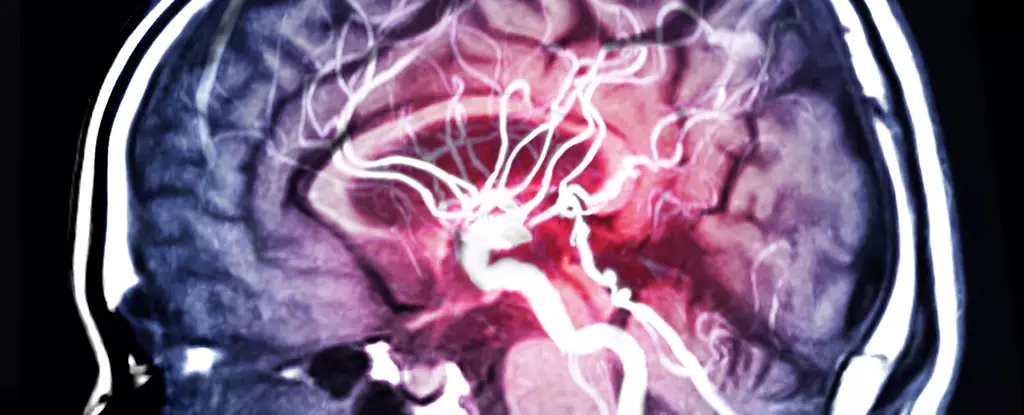Researchers have found that a particular molecule in nasal drops can aid mice in recovering from a stroke. The treatment is initiated seven days after the stroke rather than immediately, allowing those who could not be assisted immediately after a stroke to still be protected from the worst effects of the condition. This treatment could eventually be transferred to humans.
Key Molecule in Drops
The key molecule in the drops is the complement peptide C3a. This molecule plays a crucial role in the body’s immune system, as well as in the development and plasticity of the brain. Neuroimmunologist Marcela Pekna from the University of Gothenburg in Sweden says, “With this method, there’s no need to race against the clock. If the treatment is used in clinical practice, all stroke patients could receive it, even those who arrive at the hospital too late for thrombolysis or thrombectomy. Those who have remaining disability after the clot is removed could improve with this treatment too.”
The Delayed Treatment’s Effects
Scientists have induced an artificial ischemic stroke, which is the most common type of stroke in mice. After a week, the nasal drops containing the C3a peptide helped mice recover their motor functions faster and more completely than a placebo group. The new study also reveals that the C3a peptide helped to increase the number of connections between nerve cells in the mice’s brains.
Future Possibilities
The study builds on previous work by some of the same researchers into how the C3a peptide can protect against and reverse stroke damage. Researchers are exploring several possible options, and nasal drops with the C3a peptide could make a significant difference in the number of people who experience ischemic stroke each year. However, researchers must first ensure that the treatment is viable in humans as well as mice. To accomplish this, they aim to develop the technique so that it is usable in clinical practice, but to reach that point, they need to collaborate with a pharmaceutical partner to carry out the clinical trials required.
Researchers have discovered that nasal drops containing a particular molecule, the complement peptide C3a, can aid mice in recovering from a stroke. This treatment is initiated seven days after the stroke, allowing even those who could not be assisted immediately after a stroke to be protected from the worst effects of the condition. The new study also revealed that the C3a peptide helped to increase the number of connections between nerve cells in the mice’s brains. Although the treatment has yet to be tested in humans, researchers believe it could make a significant difference in the number of people who experience ischemic stroke each year.



Leave a Reply